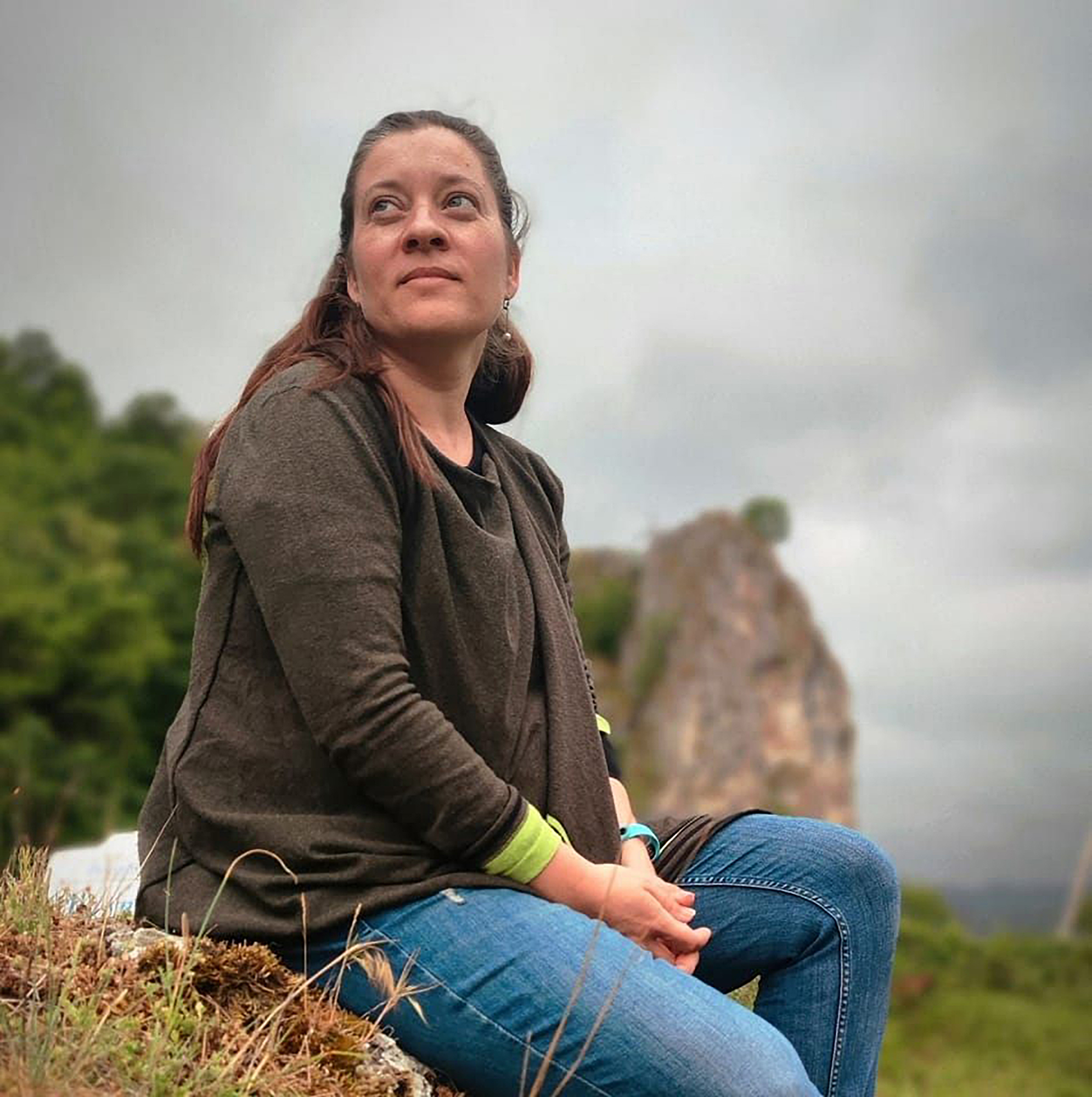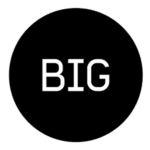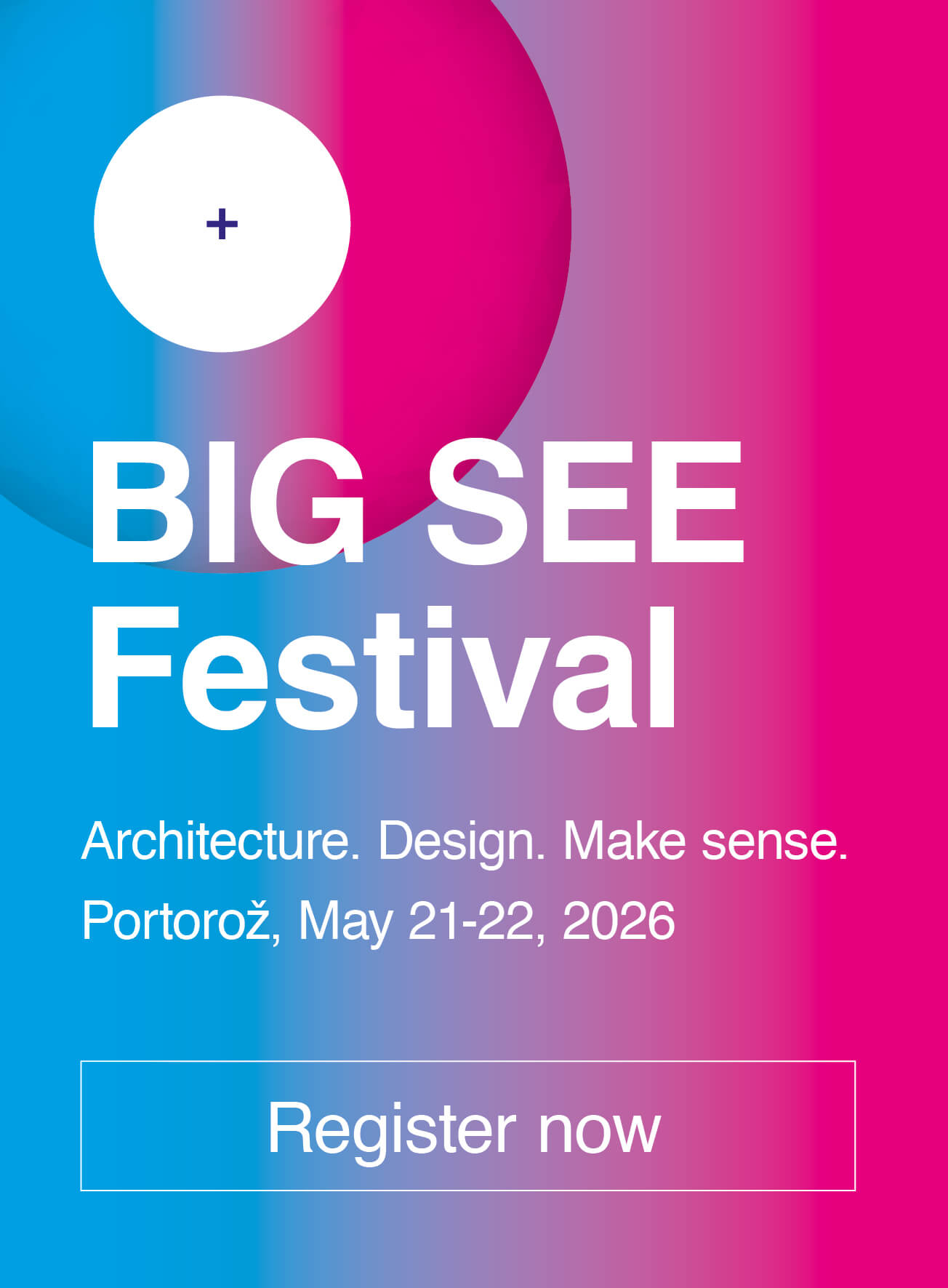The eco-platform Blue and Green
Reflecting on the need to change the paradigm towards a genuinely sustainable society through the presentation of the eco-platform Blue and Green, and one of its active members – Milja Vuković from Serbia
How do you perceive the world that you live in? How do you perceive your immediate surrounding, which is actually more than the scenery for your daily life? What about your remote surroundings, giving you the space to obtain your occasional needs? And our (only) planet Earth, do you ever think about or feel your personal connection with it?
Do you enjoy our current consumer driven society or are you concerned with the consequences of our culture’s contemporary lifestyle? Did you know that about 40% of our planet’s soil is degraded.¹ and therefore 40% less food production is expected in 20 years’ time?² Did you know that roughly 40% of the ocean’s surface is covered in plastic debris, and that it is expected that plastic will outweigh all the fish in the sea by 2050?³ Did you know that year 2023 was the hottest on record,⁴ and that policies currently in place point to a disastrous 3°C rise in temperature by the end of the century?⁵ Did you know that around one million animal and plant species are threatened with extinction, many within decades, and this is unprecedented in human history?⁶
¹ United Nations. Climate Action: Land – the planet‘s carbon sink. https://www.un.org/en/climatechange/science/climate-issues/land (accessed 31.03. 2024).
² Earth.org. 15 Biggest Environmental Problems of 2024.https://earth.org/the-biggest-environmental-problems-of-our-lifetime/ (accessed 31.03.2024).
³ Center for biological diversity. Ocean plastic pollution. https://www.biologicaldiversity.org/campaigns/ocean_plastics/#:~:text=Plastic%20accumulating%20in%20our%20oceans,in%20the%20sea%20by%202050 (accessed 31.03.2024).
⁴ Earth.org. 15 Biggest Environmental Problems of 2024. https://earth.org/the-biggest-environmental-problems-of-our-lifetime/ (accessed 31.03.2024).
⁵ United Nations. Climate Action: What is climate change? https://www.un.org/en/climatechange/what-is-climate-change (accessed 31.03.2024).
⁶ United Nations. Sustainable development goals: Fast Facts – What is Biodiversity? https://www.un.org/sustainabledevelopment/blog/2023/08/explainer-what-is-biodiversity/ (accessed 31.03.2024).
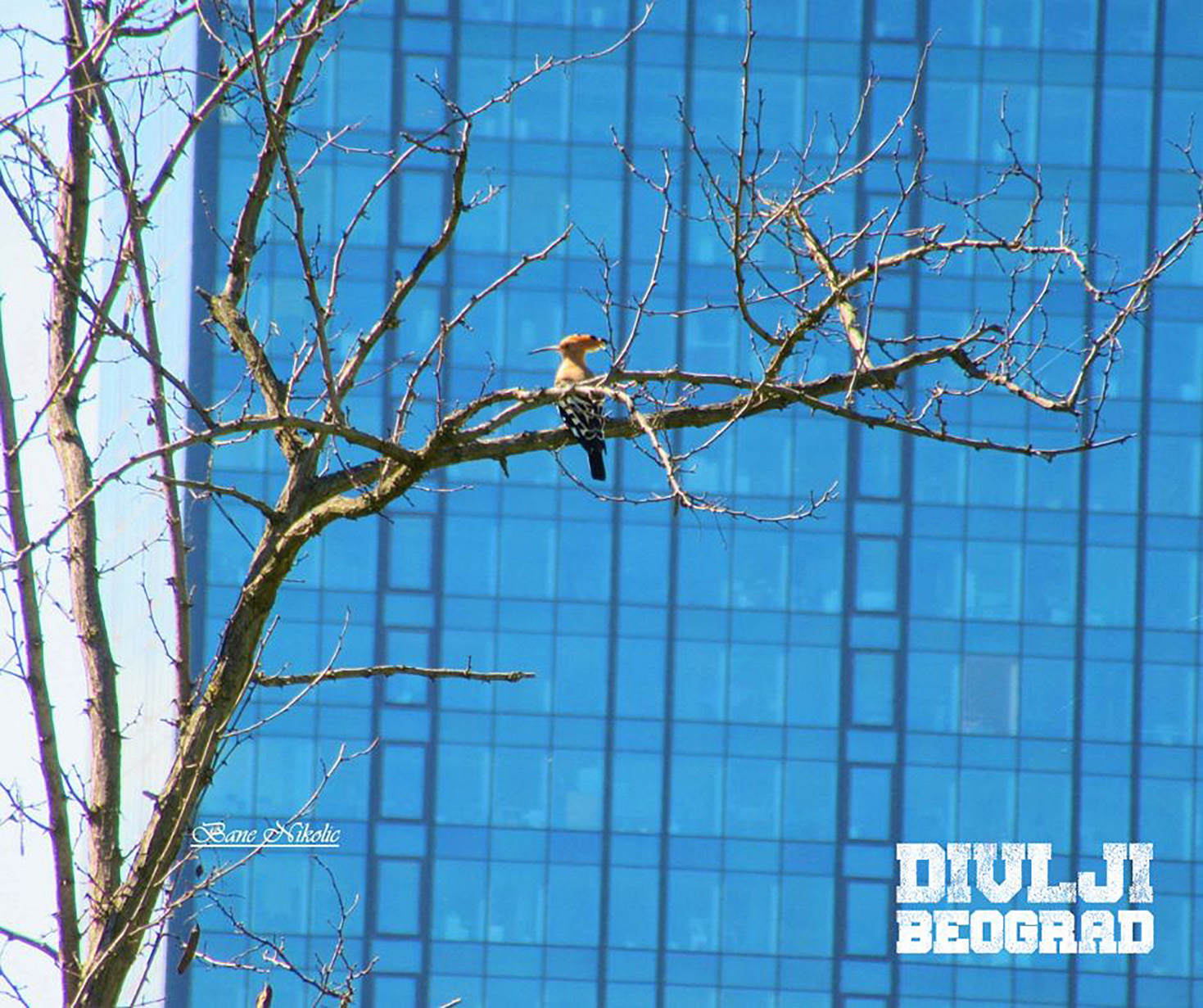
Divlji Beograd (Wild Belgrade). Photo: Branislav Bane Nikolić
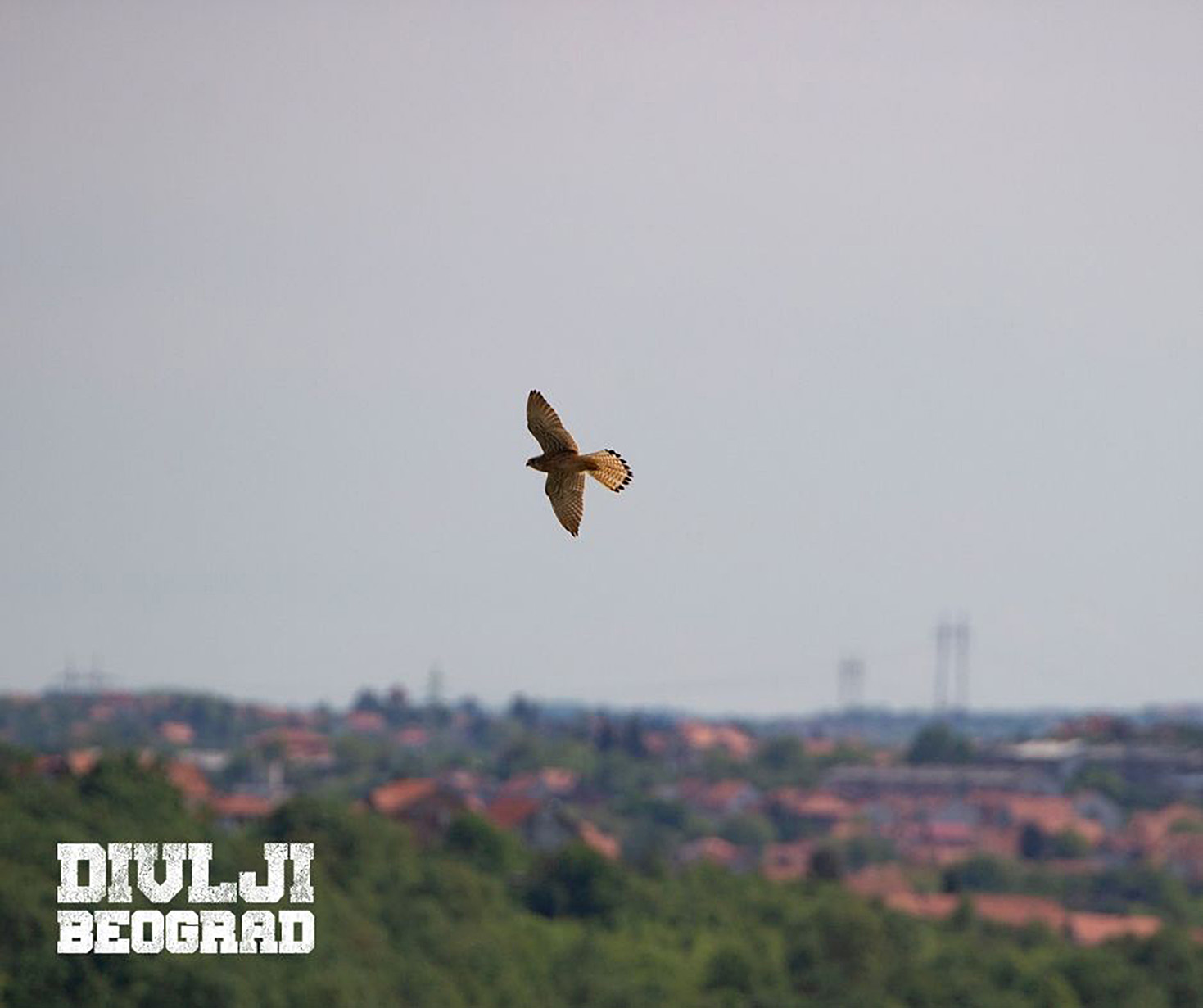
Divlji Beograd (Wild Belgrade). Photo: Sunčica Topalović
These are truly shocking statistics. Nevertheless, we do not see (inter)national policymakers working on any serious legal and regulatory changes that would help prevent the worst forecasts from being realized. Maybe the art historian Milja Vuković, the most public-facing eco-activist of the Serbian initiative Blue and Green (in Serbian: Plavo i zeleno), is right when repeating a quote that is often (and perhaps mistakenly) attributed to Albert Einstein: “We cannot solve our problems with the same thinking we used to create them.” Perhaps the necessary fundamental change can only come from the bottom up, from local people connected into a mindful community.
Vuković says that she does not “know of a more important issue than the environmental and social crises we are living in,” and therefore “we should create a better world that is fundamentally different than the world we are living now.” To put her thoughts and feelings into action, she and like-minded people prepared an exhibition which continued into the project Wild Belgrade (in Serbian: Divlji Beograd).
This non-formal citizen’s initiative, which functions as a public group on social media that now has some 13,000 members, is intended for observation of the non-human – the wild life, animals and plants – that live inside the city of Belgrade. Cities are, as Milja believes, the most destructive ecosystems in the world at the moment. People live in them with the perception that urban environments are disconnected from nature, which is not true. Therefore, those involved in the project try to make their co-citizens aware of the fact that nature is always in the city, and that they should cultivate their connections with it. They have to understand and feel that they, as people, are also an inseparable part of nature.
After establishing Wild Belgrade, the leaders of the project set up another initiative, For Less Trash and More Happiness (in Serbian: Za manje smeća i više sreće), which rapidly gained a very large number of members. The intention of this social media site on the topic of zero-waste is, once again, to make people aware of the influence that our litter has on the living network of life. Based on the high level of public interest, Vuković and her co-activists note that people are apparently more intrigued by our waste than by the non-human world in our cities.
According to the founders, the two vibrant initiatives on social networks, where a community of people have the opportunity to discuss and exchange their views, needed a platform with more permanent content. So Milja and other activists set up the website Blue and Green where they can keep their articles on various ecological topics, such as how to start and live your life with less or zero waste. But most importantly, the website presents their vigorous community and its work.
Indeed, for Vuković the most important thing that grew from all these initiatives is the formation of a connected community. She personally needed to be in contact with people and needed to be able to communicate her concerns about the damage that what she calls “human’s agitated ethical compass” inflicts on the health of the living environment.
So if you yourself feel worried or even distressed for the future of our society, the environment, the planet, you can join numerous (local) initiatives where you can talk about the current state of affairs and discuss the measures that must be taken in order to set society’s ethical compass in the right direction. When there are enough like-minded people, there will be opportunity to change our consumer paradigm. I hope so.
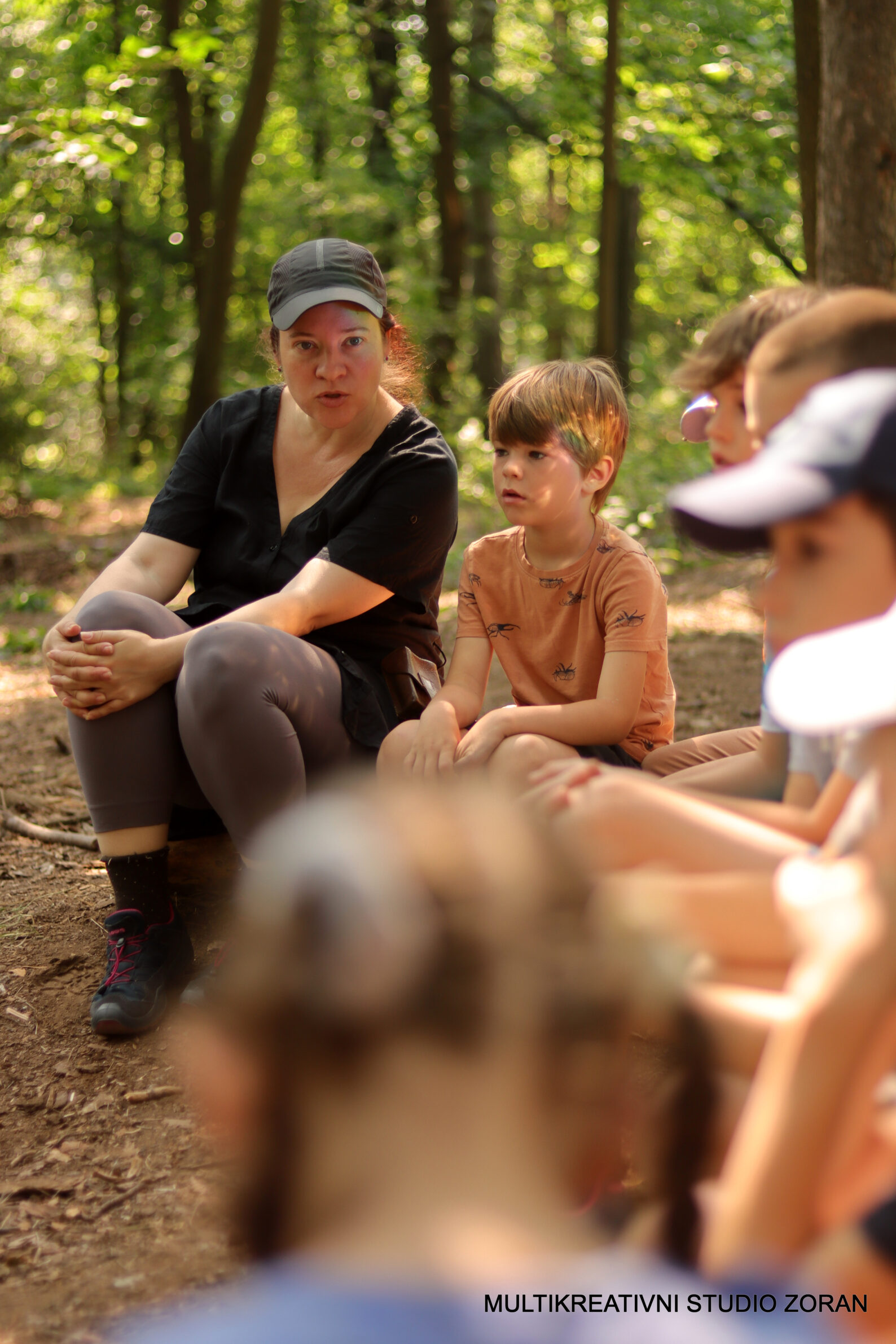
Working with children. Photo: Multikreativni studio Zoran
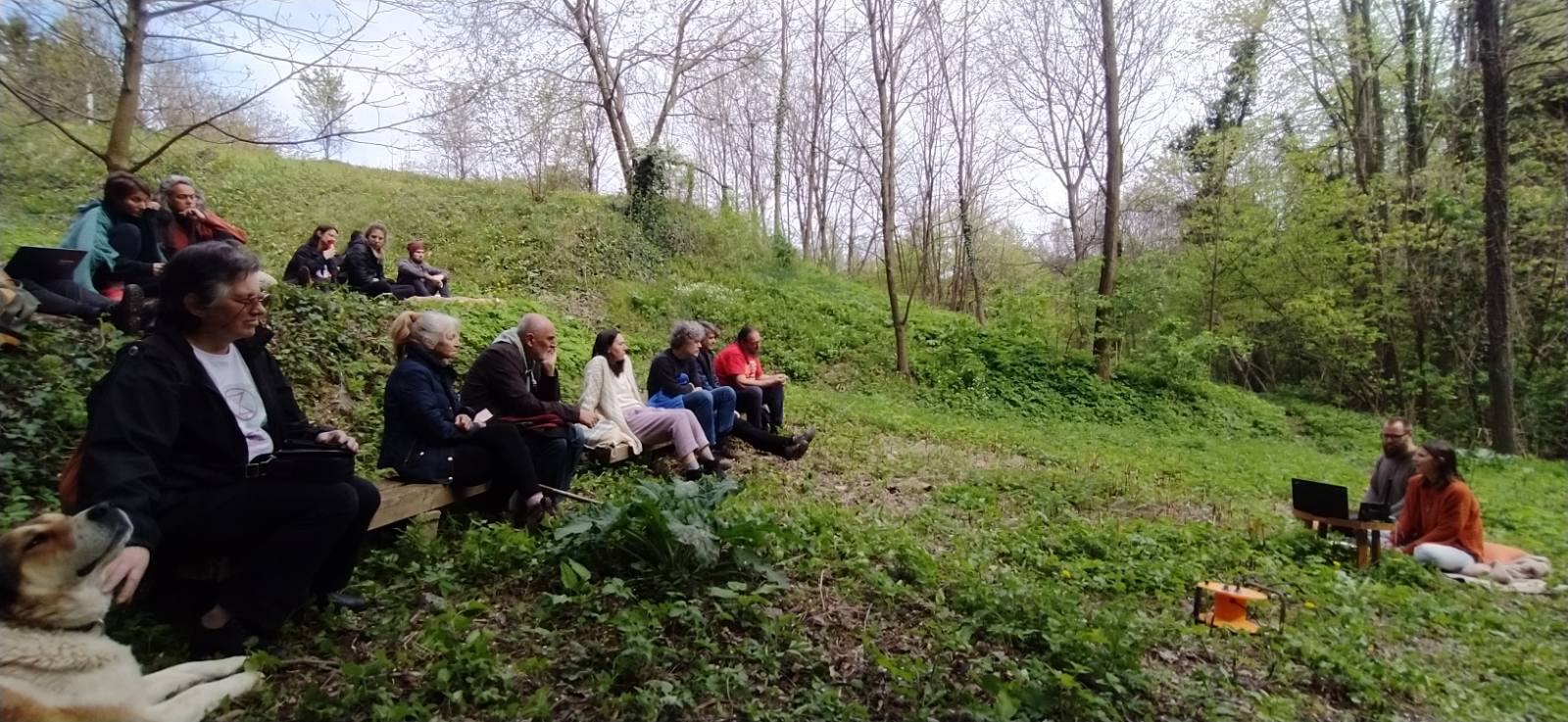
The educational programme Ka simbiocenu (Towards Simbiocene). Photo: Milja Vuković
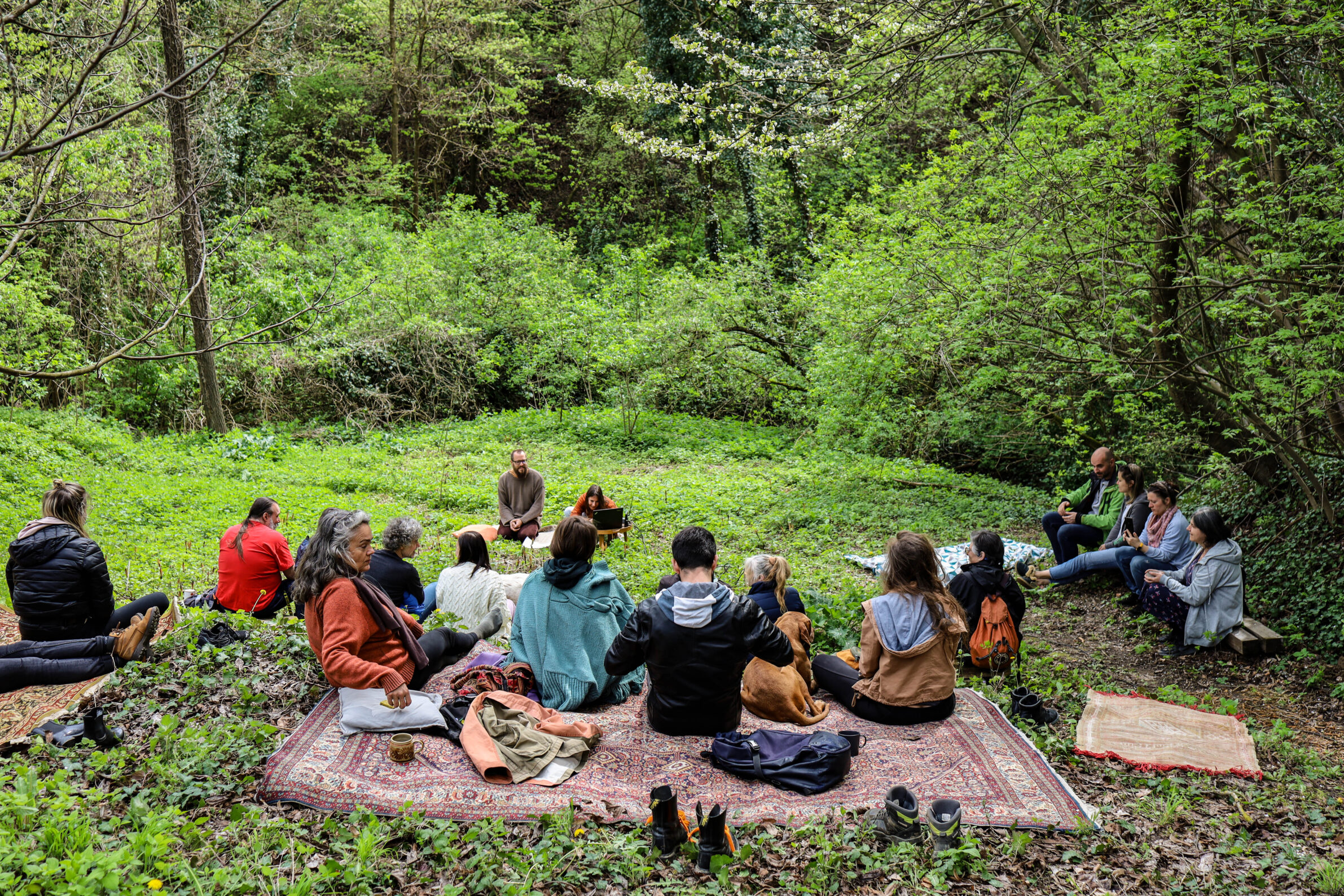
The educational programme Ka SImbiocenu (Towards Simbiocene). Poto: Danica Cimbal
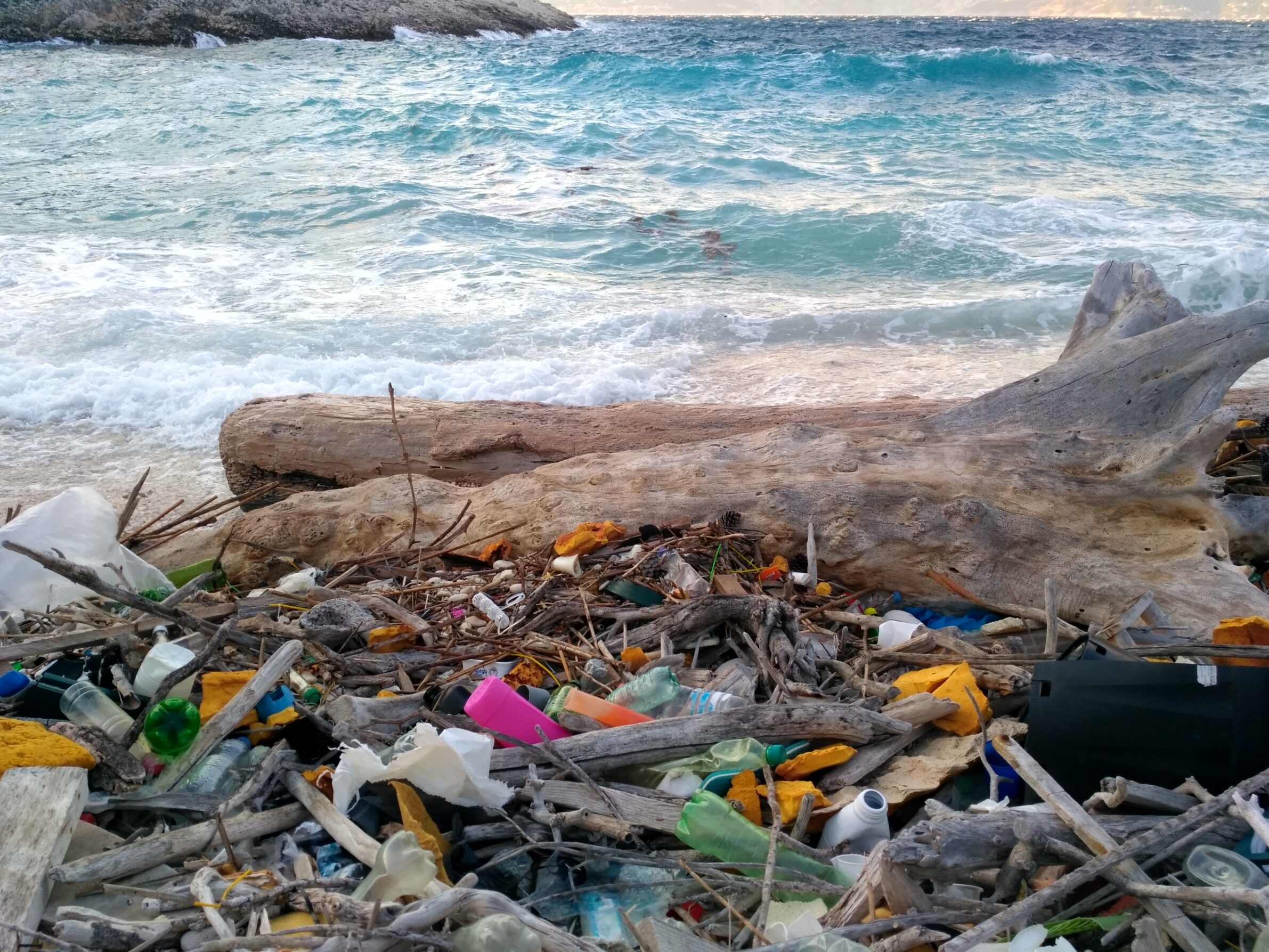
My beach and plastic waste. Photo Milja Vuković
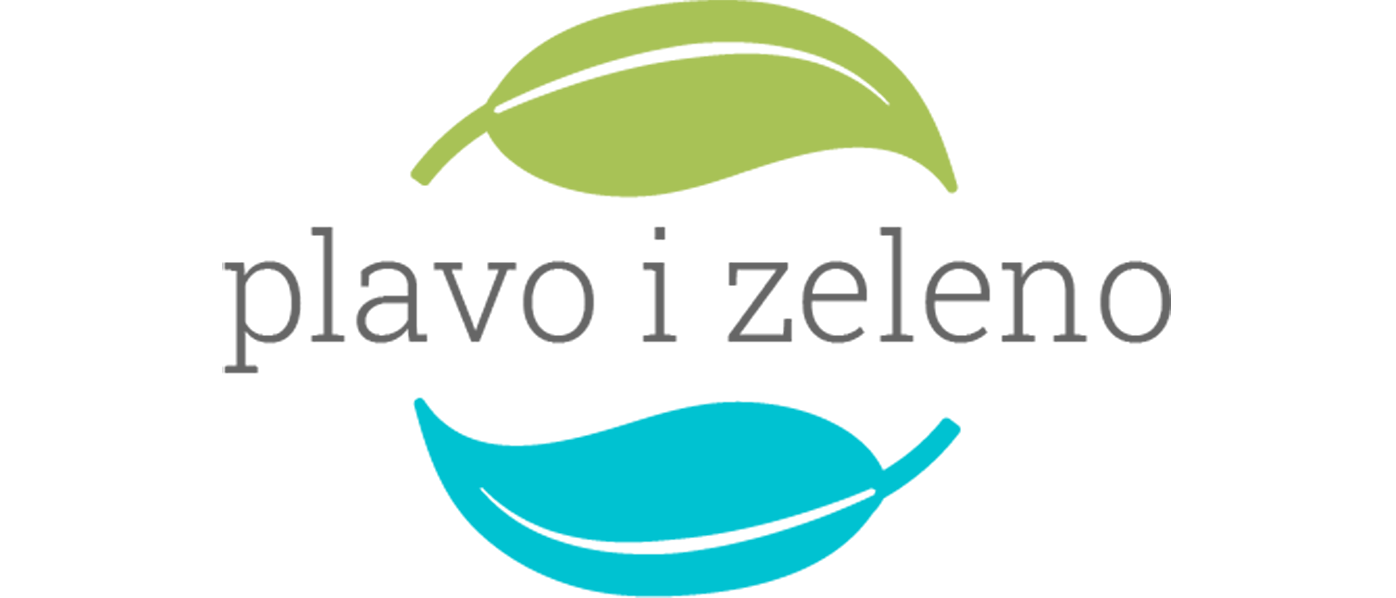
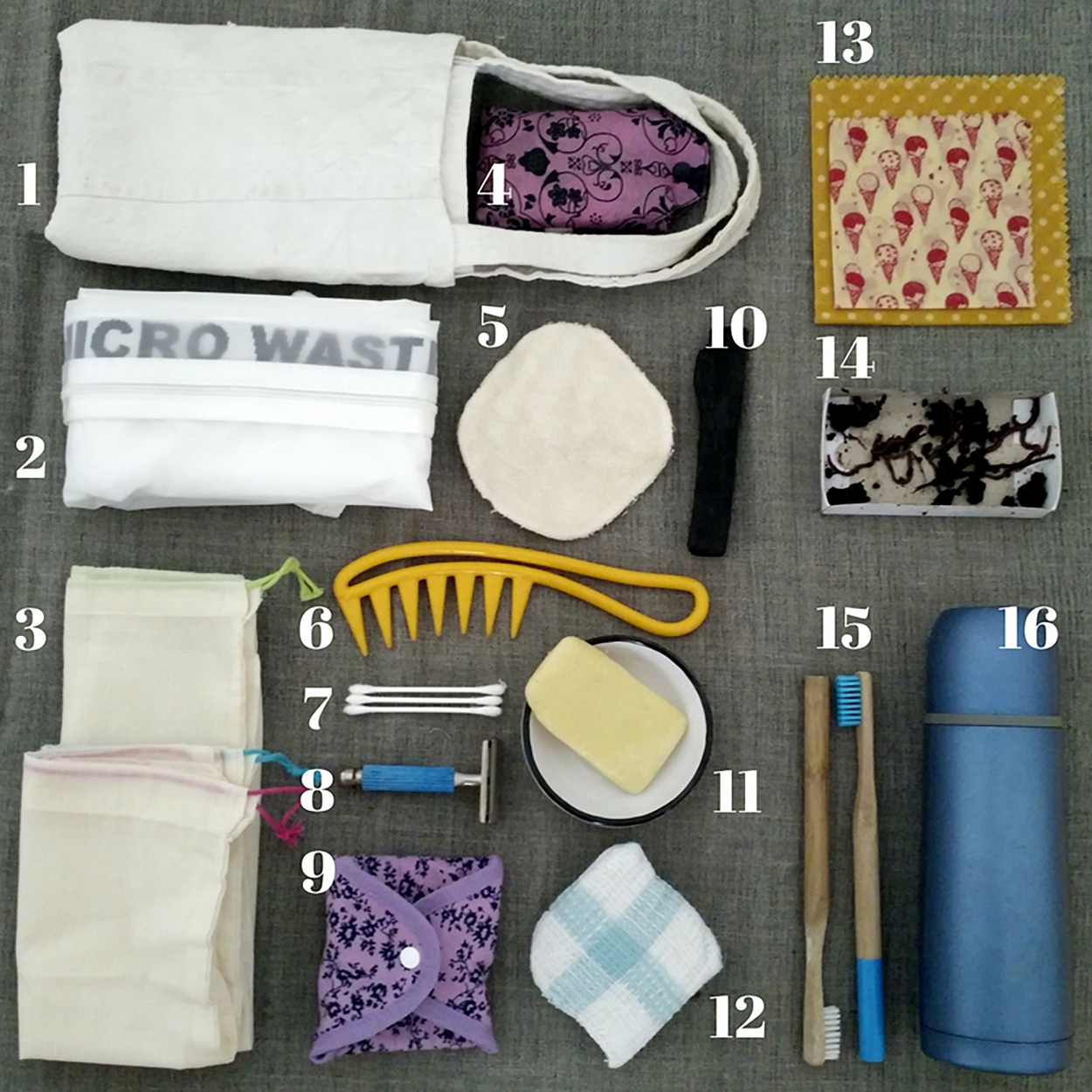
Photo: Milja Vuković
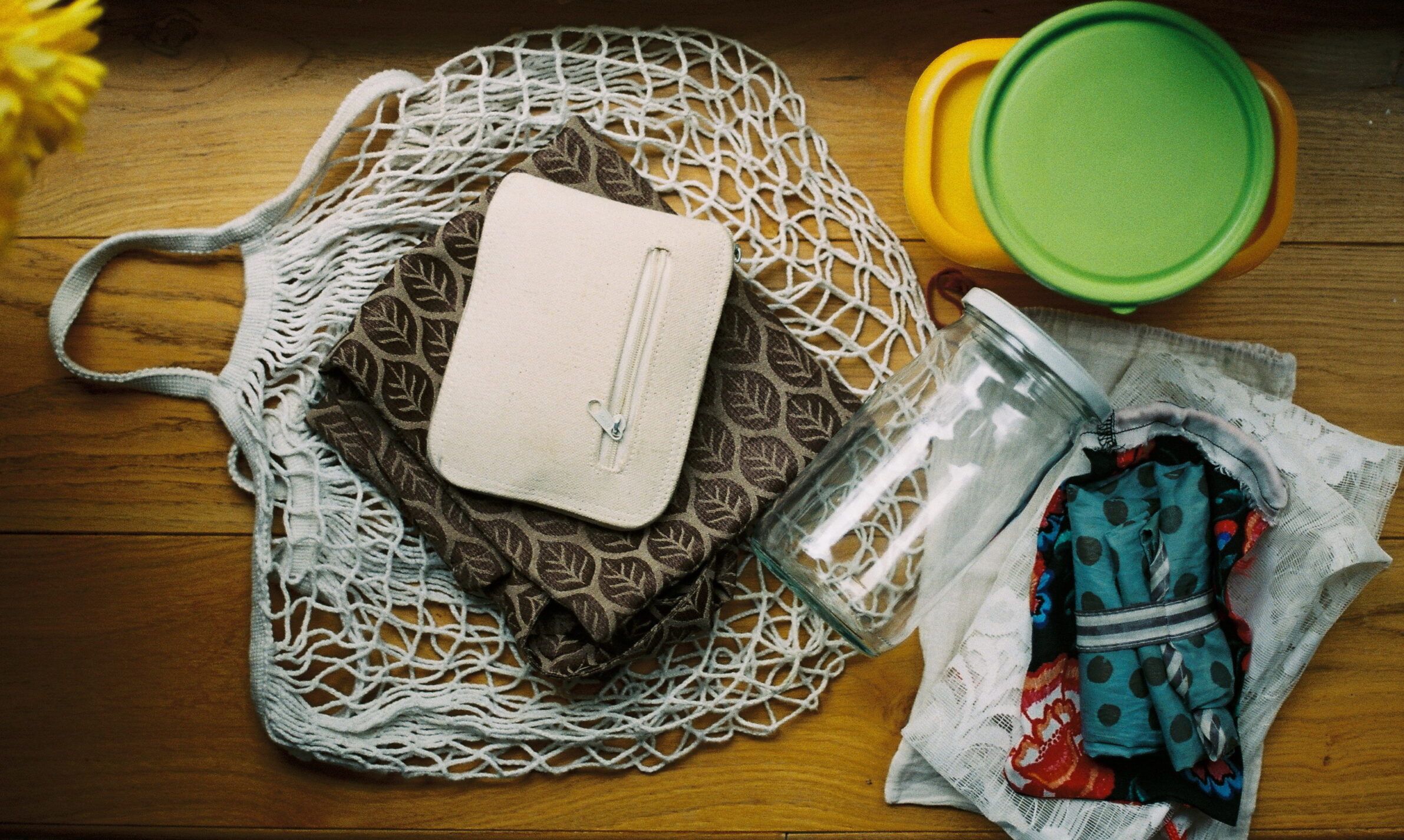
Zero waste life. Photo: Emilija Stanisić
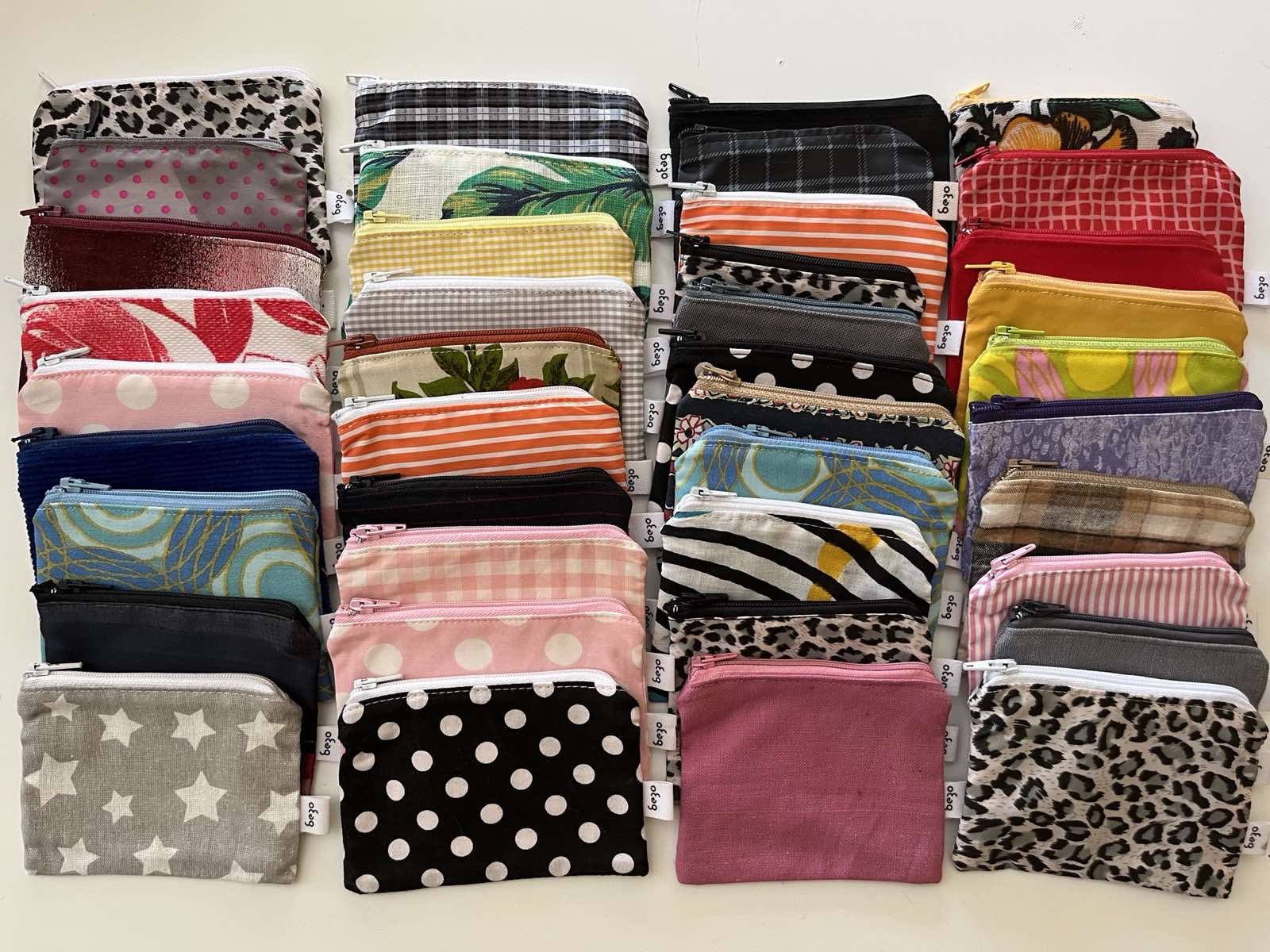
Textile purses. Photo: Dijana Balać
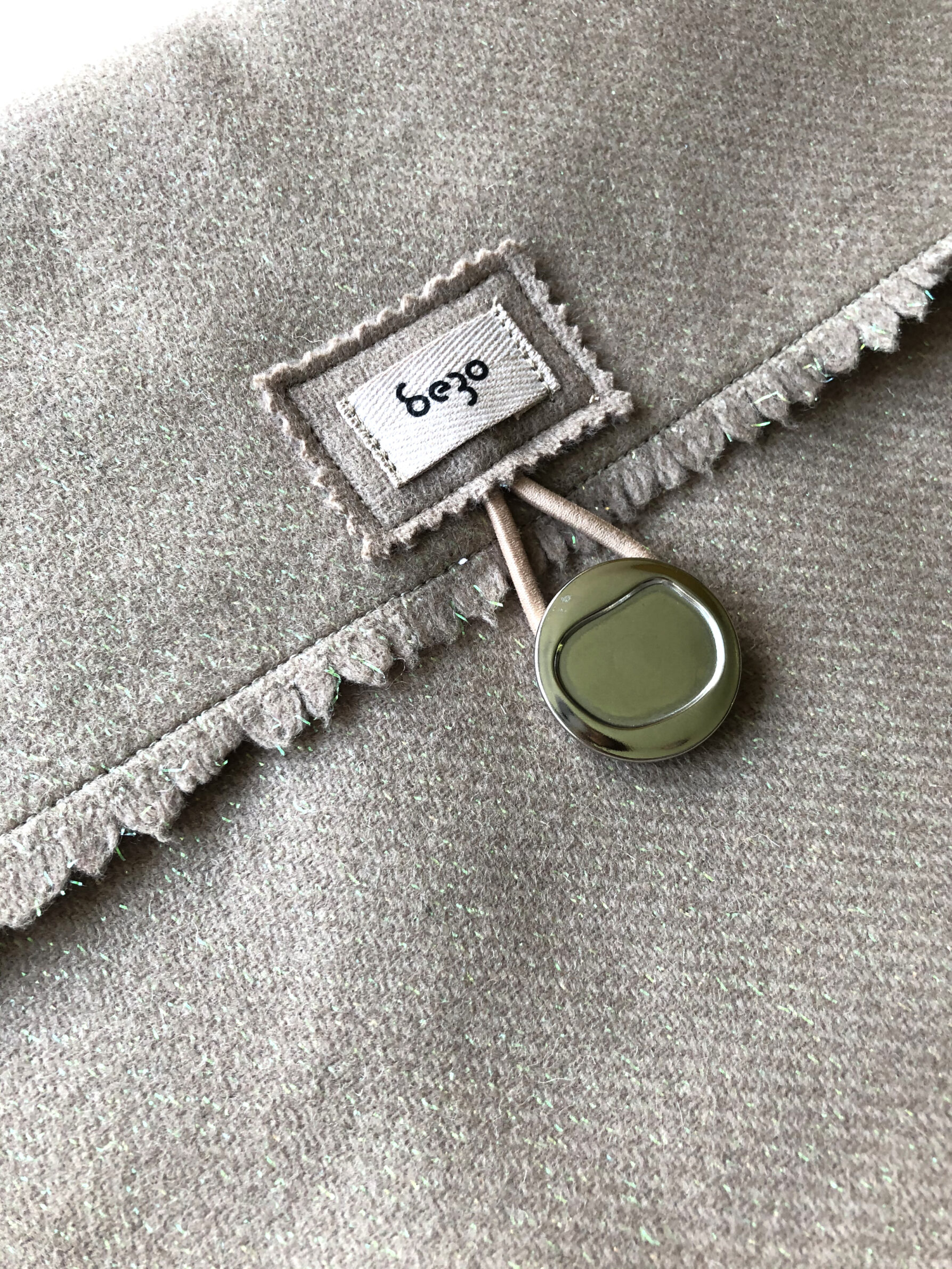
Photo: Dijana Balać
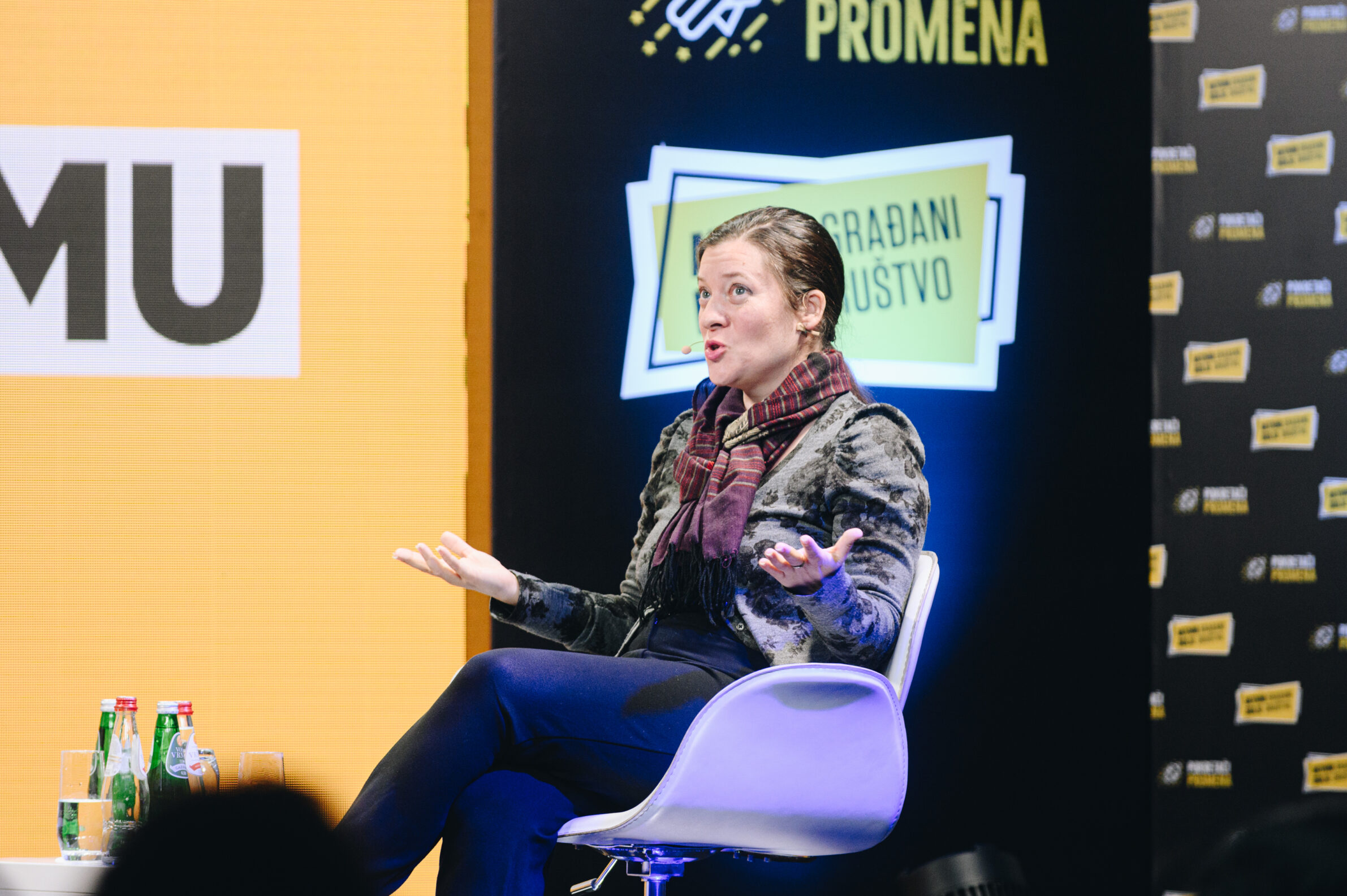
Photo: Dunja Dopsaj
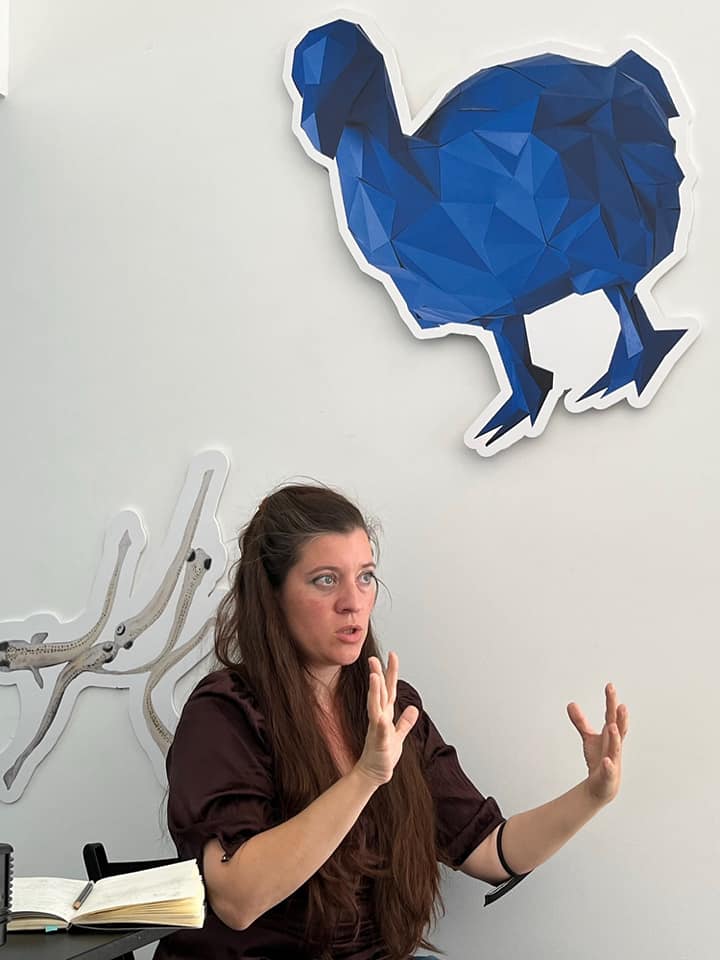
Photo: Andrea Palasti
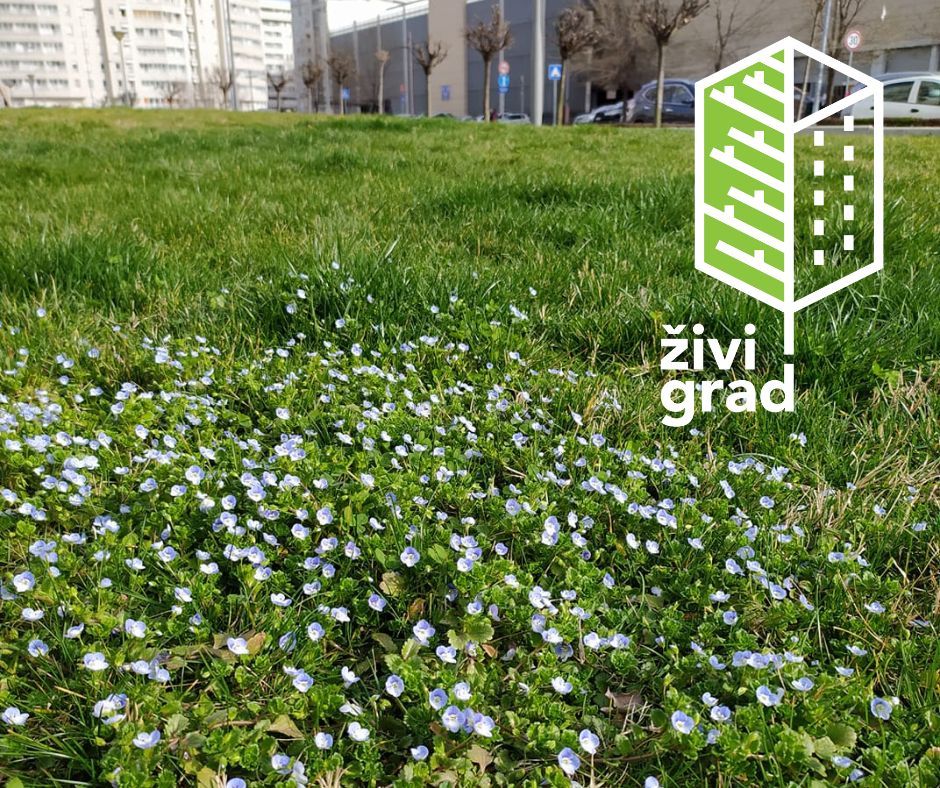
Živi grad (Live the city).
Text: Natalija Zanoški
Photographs: Miloš Manić, Branislav Bane Nikolić, Sunč ica Topalović, Multikreativni studio Zoran, Plavi Ćuperak Kindregarten, Milja Vuković, Danica Cimbal, Emilija Stanisić, Dijana Balać, Dunja Dopsaj, Andrea Palasti


